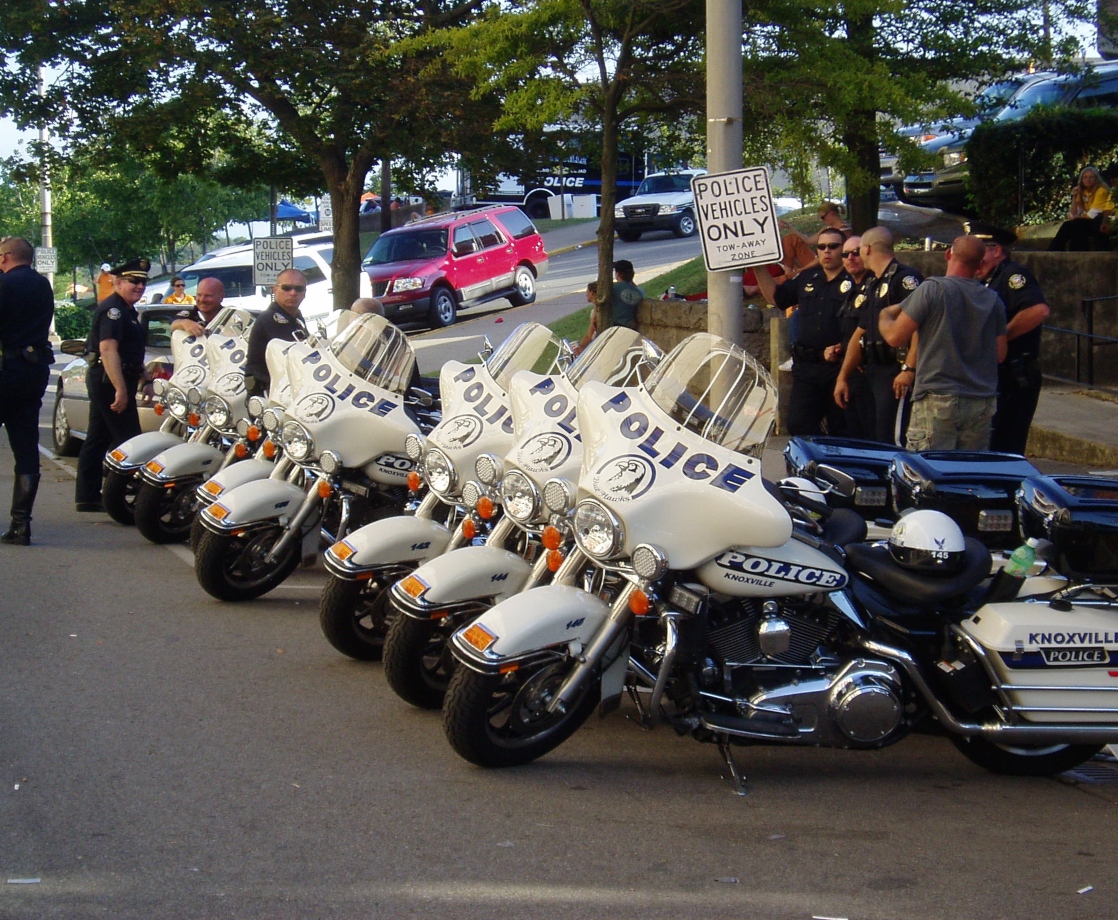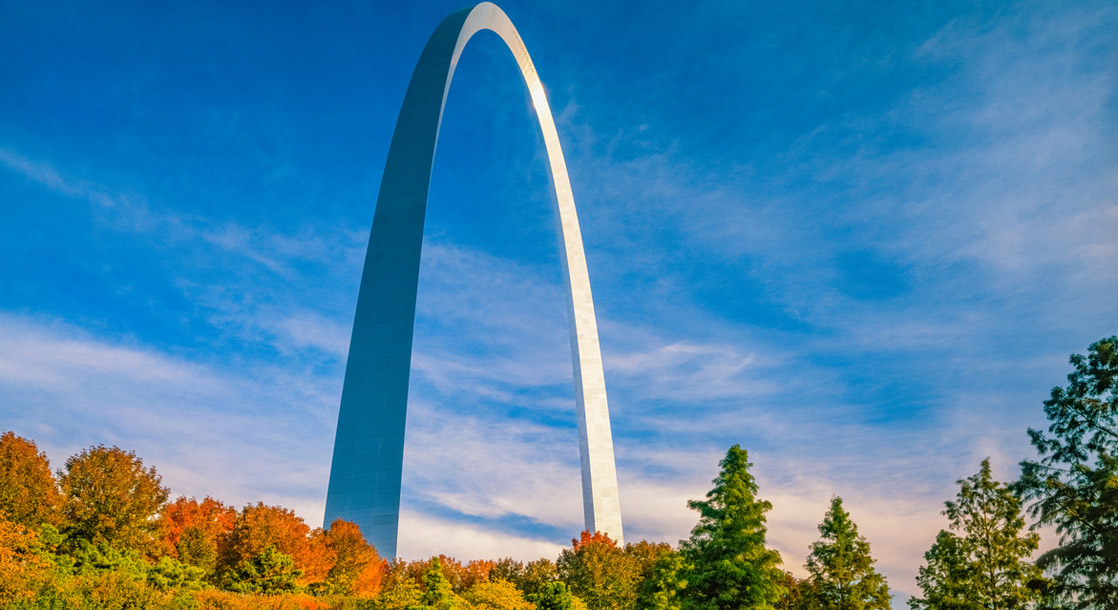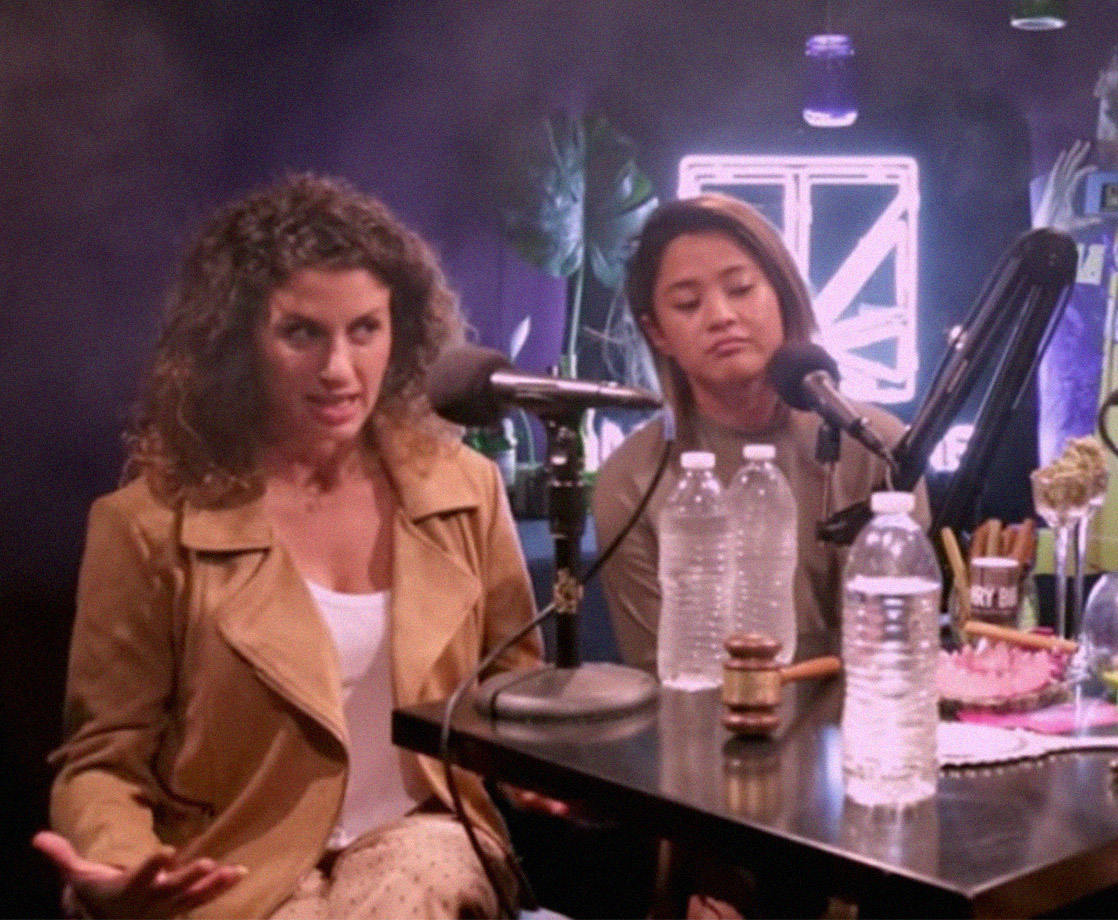In a new budget request, the California Bureau of Cannabis Control (BCC) is asking the state to give them their own police force. Specifically, the BCC has requested permission to take control of the state Department of Consumer Affairs’ Cannabis Enforcement Unit, which currently employs 47 cops and 11 non-sworn staff. In addition to this, the agency hopes to hire 29 new weed cops.
Most prohibition states have law enforcement task forces dedicated to cracking down on illegal drugs, but since weed is legal in California, the Cannabis Enforcement Unit is solely tasked with fighting black market pot sales. This agency currently inspects licensed cannabis businesses to ensure they are not diverting weed to the black market and helps bust unlicensed weed grows and smuggling operations.
So far, the Golden State has been unable to control its thriving pot black market, even two years after adult-use sales became fully legal. Last year, illicit cannabis dealers made over $8 billion in sales, exceeding the $3.1 billion sold by the legal market that same year. Illegal dealers are able to vastly undercut the prices of legal weed, which they can sell sans the heavy taxes imposed by the state, while also skirting rigorous and expensive testing regulations.
“Investigators have seized millions in untested products, including cannabis flower, edibles, tinctures, concentrates — all bypassing the state’s testing and labeling requirements,” said George Tiongson, president of the California Association of Criminal Investigators, to The Sacramento Bee. “Not only does this put the public in danger but it circumvents the control points set by regulations to ensure a safe product is available to the public, all while preventing access to youth under 18.”
The BCC argues that having its own cops would allow it to better enforce these regulations. Although BCC inspectors may discover illegal cannabis or diversion during a routine inspection, they are currently unable to seize any black market weed that they discover. They are also unable to make arrests, write search warrants, or access criminal databases. The agency is arguing that by having their own police, their inspectors would not be forced to rely on state and local cops.
“The inability to check [a Western states criminal database] has led to law enforcement frustration in cases where investigations by the bureau have overlapped with law enforcement investigations, resulting in duplicated efforts,” the budget request states, according to the Bee.
California has been relying on law enforcement to fight the black market ever since legalization, even turning to the National Guard for assistance in raiding illegal weed grows. Yet despite raiding hundreds of unlicensed weed farms and seizing millions of illegally-grown pot plants in the past two years, these enforcement efforts haven’t made a dent in the black market.
Industry insiders and analysts have suggested that the best way to stamp out illicit weed sales is to make the legal market competitive. Under the state’s current tiered tax system, pot taxes can hit 30 to 50 percent in some areas. Regulatory and licensing costs can drive the price of Cali weed up to $400 an ounce even before these taxes are applied. In comparison, an ounce of legal pot in Colorado can be as cheap as $80, even after taxes.
Another major issue preventing the legal market from thriving is the provision allowing individual California municipalities to opt out of the legal cannabis industry. Fewer than 10 percent of all California cities allow any kind of pot business to operate on their turf, and residents living in 40 percent of the state’s territory are located 60 to 120 miles away from the nearest legal pot shop. For most residents of these “pot deserts,” buying from a local black market dealer is much more convenient.
But instead of lowering taxes, cutting prices, or increasing the availability of legal cannabis, the BCC is trying to expand their ineffective enforcement efforts by creating a new police force. And considering the events of the past few weeks, the last thing America needs is more cops.











